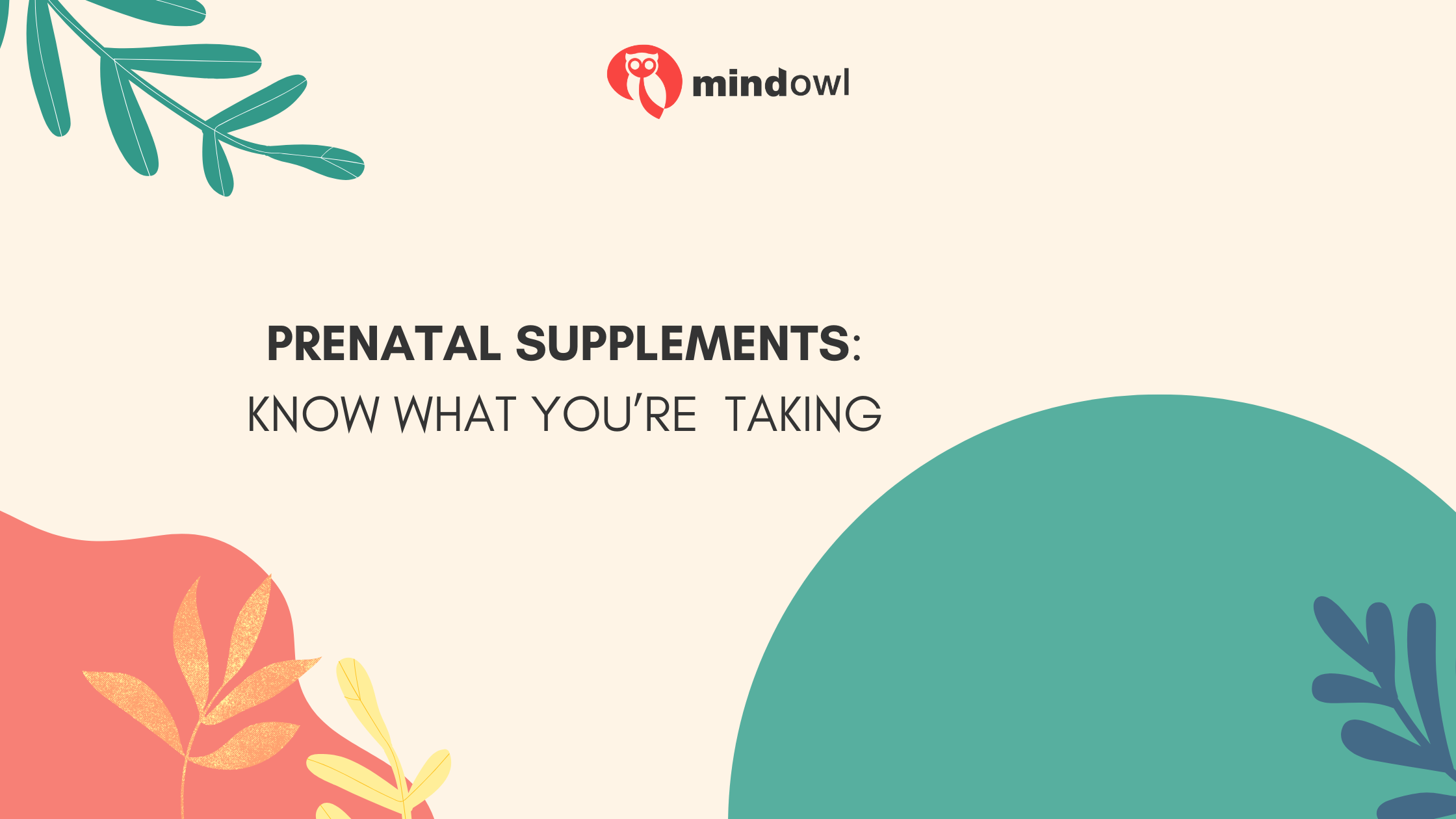Nutritionally, a pregnancy is a transformative journey — and it can be a confusing one. The nutrients a mother eats during pregnancy play a significant role in the health of both the mother and the developing baby. There are various prenatal supplements that help to fill in any nutritional gaps that may be present in a woman’s diet, and these supplements have become necessary for any pregnancy-based care. Even if a balanced and varied diet continues to be central, prenatal supplements help to guarantee the body that this provides all the essential nutrients necessary to allow the development of the fetus and the well-being of the mother.
A pregnant woman needs more nutrition, to grow and develop the baby in her womb. Vitamins and minerals like folic acid, iron, calcium, iodine and DHA need to be consumed more than normally. It’s not always realistic to meet these enhanced demands with diet alone, particularly when morning sickness or food aversions get in the way of eating properly. Prenatal supplements provide a dependable source of essential nutrients, protecting both mother and baby from nutritional deficiencies that can cause health complications.
Folic acid, for example, helps prevent neural tube defects such as spinabifida. These defects develop early in pregnancy — sometimes even before a woman knows she is pregnant — so it is important for women to take folic acid before they conceive. Iron is another that helps supply extra blood volume during pregnancy, and prevent anemia, which is especially common in pregnant women.

Important Nutrients in Prenatal Vitamins
Prenatal supplementsare specially formulated with vitamins and minerals that are most essential during pregnancy. Folic acid is first on the list, with recommendations typically between 400 and 800 micrograms a day. This B vitamin is essential for the baby’s brain and spinal cord development and helps reduce serious birth defects.
Prenatal vitamins also contain a lot of iron. The placenta also requires iron, and pregnant women require almost double the amount that non-pregnant women do to facilitate the growing fetus. Both mother and baby are at risk for anemia, fatigue and other complications without adequate iron in the diet.
Calcium and vitamin D are important for building baby’s bones and teeth. Because the fetus pulls calcium directly from the mother’s stores, a supplement can help keep both healthy. Vitamin D also helps in calcium absorption and immune function.
DHA is an omega-3 fatty acid that is contained in some prenatal supplements and helps with the development of the baby’s brain and eyes. Another important mineral is iodine, which helps during pregnancy to support thyroid function and cognitive development in the baby.
When Should You Start Taking Prenatal Supplements
Ideally, you’d be taking prenatal supplements before conception. Since many critical developmental milestones happen in the earliest weeks of pregnancy — often before a woman knows she’s pregnant at all — early supplementation helps make sure that the nutrients are already present in the system. During this preconception period women, especially those trying to conceive, are typically recommended to start taking prenatal vitamins.
Starting prenatals as soon as possible is still very helpful for those who discover they are pregnant (or wanna become pregnant) unexpectedly. The earlier they start, the greater the support for fetal development and maternal health.
How To Choose A Suitable Prenatal Supplement
However, not all prenatal supplements are made alike. What is best often depends on personal health profile, dietary preferences, and the advice of a health care provider. Some women also require extra doses of certain nutrients. For example, people who are anemic may need more iron, while vegetarians and vegans may need supplements containing vitamin B12, iron or DHA from algae rather than fish.
You also want to think about digestive tolerance. Many women experience stomach upset from standard prenatal vitamins, particularly during the first trimester. In these cases, considering a different formulation — like a gummy vitamin or one taken with food — “can lead to improved compliance and improved comfort.”
It’s also important to select a prenatal supplement that has gone through testing for quality and purity. Seeking out products that third-party organizations have verified can provide peace of mind as far as safety and efficacy go.
Supplements Supported by a Healthy Lifestyle
Prenatal supplements don’t replace a healthy lifestyle, but they are an important part of ensuring adequate nutrition. However, a well-balanced diet that includes high-quality whole grains, lean proteins, fruits, and vegetables will work synergistically with prenatals for overall health and wellness. Maintaining a healthy pregnancy also includes regular prenatal checkups, moderate physical activity, drinking plenty of fluids, and avoiding harmful substances such as alcohol, tobacco, and some medications.
Managing stress is another part of maternal and fetal health. With practices like prenatal yoga, meditation, and community, the overall experience of pregnancy can be improved. Coupled with appropriate nutrition and supplementation, these are all setting the groundwork for a healthy and thriving pregnancy.
Conclusion
These supplements provide the nutrients needed for fetal development and help prevent common pregnancy complications. Whether you’re preparing to conceive, newly pregnant, or in the second or third trimester, committing to a daily prenatal supplement, under the guidance of a health care provider, is a smart and simple step toward better health for you and your baby.
By appreciating the significance of prenatal nutrition and making thoughtful dietary decisions, you’re preparing the ground for your baby’s health long before birth, a choice that yields dividends throughout life.
MindOwl Founder – My own struggles in life have led me to this path of understanding the human condition. I graduated with a bachelor’s degree in philosophy before completing a master’s degree in psychology at Regent’s University London. I then completed a postgraduate diploma in philosophical counselling before being trained in ACT (Acceptance and commitment therapy).
I’ve spent the last eight years studying the encounter of meditative practices with modern psychology.

